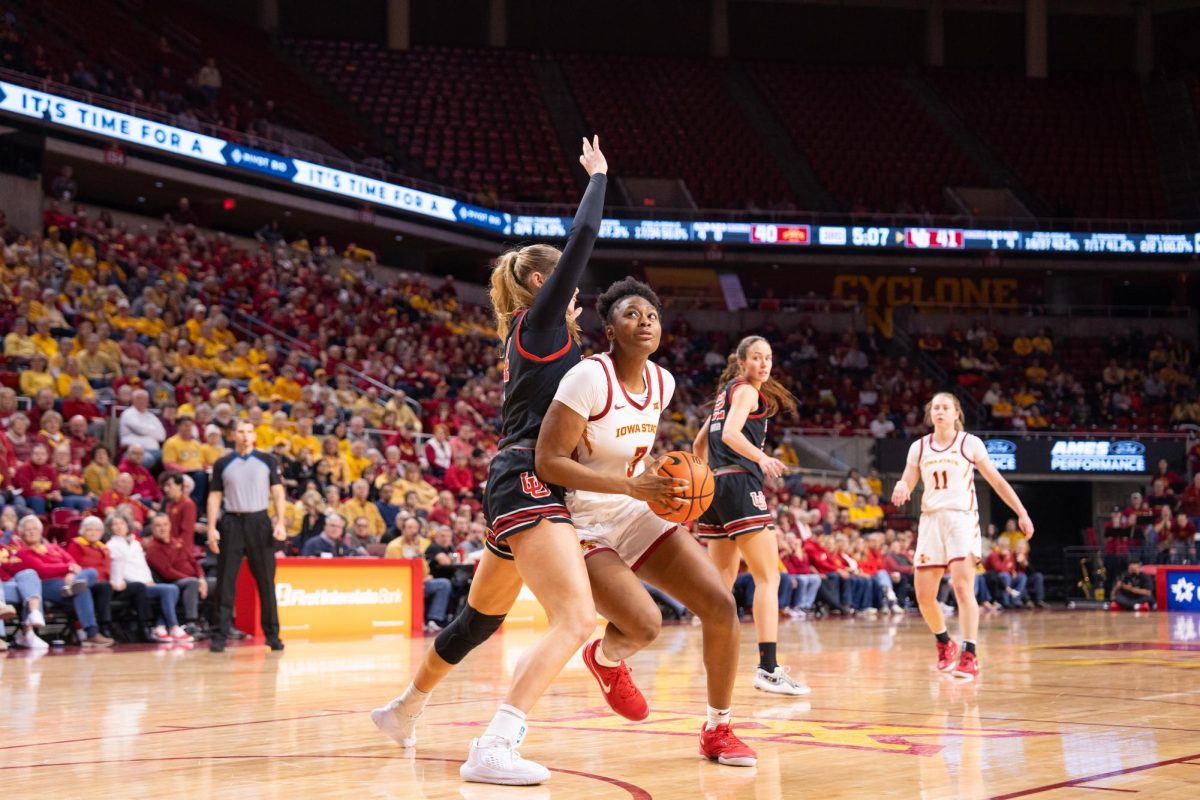Student tracking system to be discussed in informational meetings
March 12, 2003
A series of meetings informing students about the Internet-based system of the Immigration and Naturalization Service used to track international scholars and students in the United States since January 30 will be held on campus throughout the next week.
Information sessions about the Student and Exchange Visitor Information System (SEVIS) will be held at noon Thursday in the Great Hall of the Memorial Union and from noon to 2 p.m. April 7 and 8 in the Cardinal Room of the Memorial Union.
At the meetings, students will be given the opportunity to learn about the tracking system and ask questions.
As of Feb. 15, Iowa State and other learning institutions are required by law to send information concerning international students to the federal government.
As part of the new homeland security measures, the federal government is requiring all colleges to report directly to immigration services in Washington, D.C., using SEVIS.
Iowa State must report on every international student on an “F” or “J” visa. This accounts for 97 percent of all international students studying at Iowa State. The report includes the number of credits a student is taking, the level and major of his or her study and whether the student is in good academic standing.
Students must keep addresses updated because Iowa State has to report a current address for every student, said Deb Vance, program coordinator for International Education Services.
A student can become out of status if he or she fails to update an address or drops 12 credits. Out of status means the student is not legally allowed to be in the United States anymore, Vance said.
“Iowa State will never send anyone home,” she said. “We report information to immigration services and what they do with it is up to them.”
According to rules set by the INS, working too many hours or working without the permission of the INS may be grounds for a student becoming out of status as well. International students may only work on campus for up to 20 hours a week and off campus with permission.
“If a student falls out of status, they are not legally allowed to work, which can be a big financial hardship for folks,” Vance said.
Many of the rules exchange students to the United States follow will be the same. The timeliness of SEVIS is what is new, she said.
The INS will now have the technology to know immediately whenever a student’s record is updated or extended. Because of the immediacy of SEVIS, INS will enforce rules in a shorter time frame, Vance said.
“The key is to do things before the old things run out,” she said.
There are 600,000 to 700,000 international students studying in the United States at any given time, Vance said. Students who want to study in English may also go to the United Kingdom, New Zealand or Australia, where it is less complicated to get a visa, she said.
“With all of the homeland security measures in place … it is making it more difficult for students from certain countries to get a visa to come here,” she said.
Nelson Yong, president of the International Student Council, said he approves of using the SEVIS system.
“Since the U.S. is such a big country this is one of the better ways to keep track of people coming in,” he said. “This is probably the best thing we could do right now.”
Background checks will be done on individuals participating in activities that could be a threat to national security regardless of what country they come from, Vance said.
“International students are not a threat to national security. They come here, they study, they work hard and they go on with their lives,” she said. “Some September 11 hijackers entered the country on students’ visas, but that was an anomaly.”






